I've been left in agony with my 'butterfly skin' condition because people have stockpiled paracetamol'
Myra Ali was born with 'butterfly skin' (epidermolysis bullosa) - a life-threatening skin condition that causes her body to blister and tear. With paracetamol being the entertainment journalist's only form of pain relief, she reveals how shortages caused by panic stockpiling have had a dangerous impact on her condition
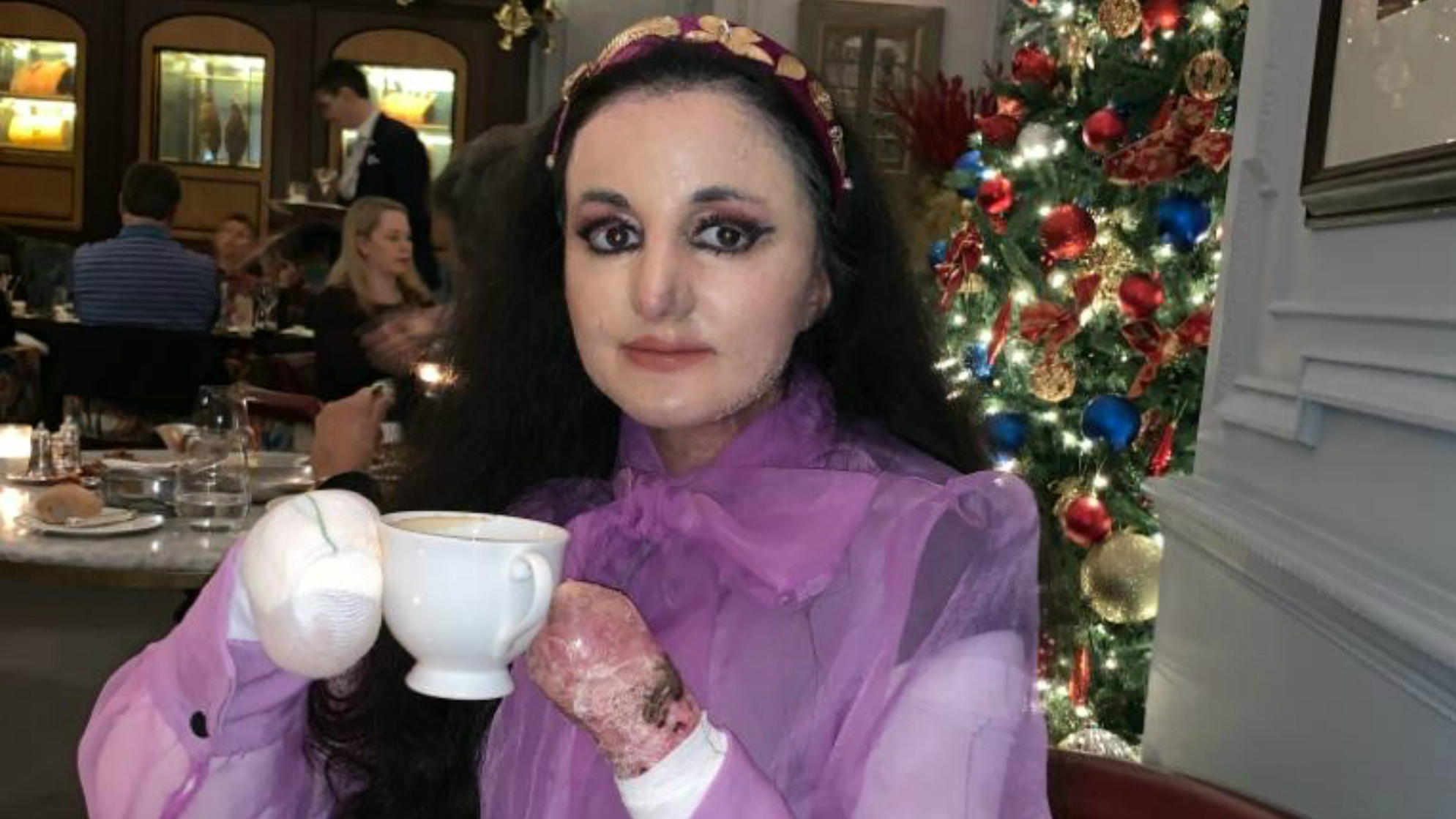
Myra Ali was born with 'butterfly skin' (epidermolysis bullosa) - a life-threatening skin condition that causes her body to blister and tear. With paracetamol being the entertainment journalist's only form of pain relief, she reveals how shortages caused by panic stockpiling have had a dangerous impact on her condition
With as many as 12,000 deaths in the UK so far, the thought of catching Coronavirus is concerning for the average person. Yet for the UK's most vulnerable, like me, it's a deeply terrifying prospect - exacerbated by the shameless stockpilers who are ridding supermarket and pharmacy shelves of the items we rely on everyday to help us get by.
Thirty-two years ago, I was brought into this world with a burns-like skin disorder called epidermolysis bullosa (EB), which affects about 5,000 people in the UK. More specifically, I have recessive dystrophic - the most severe type of EB, which means that my condition will never improve, and I have second degree-burn-like wounds on my body that will never heal. Later in life, it can also lead to skin cancer.
Paracetamol is my only relief - I take it every four hours and in set doses. As stronger painkillers trigger hives on my skin, paracetamol is the only medication I can use. I normally get it from a specific local pharmacy, however, due to panic stockpiling amidst the outbreak of Covid-19, I've been unable to access it. The same has even occurred at high street pharmacies close to where I live. Because of the shortages, I had no choice but to call up a private online pharmacy, Pingamed Pharmacy, to order paracetamol that was delivered to my door the next day.
While I understand why those with chronic illnesses are stocking up on paracetamol out of fear, many healthy people are stockpiling so they have enough to use 'just incase' a minor problem occurs, and it's completely selfish. These people need to think about the vulnerable in society.
During my childhood, my parents had to juggle looking after a large family (I have two brothers and two sisters) with the daily demands of my condition: expertly fixing my bandages, lancing my blisters, and learning how to hold me without injuring my skin. Bandages and bathing were a painful routine. Mum added potassium permanganate, which looks like purple crystals, to my bath in order to clean my wounds and, despite the discomfort, I was always excited to see the water change colour. To me, these crystals were medical versions of a Lush bath bomb and they allowed me to forget the pain I was in.
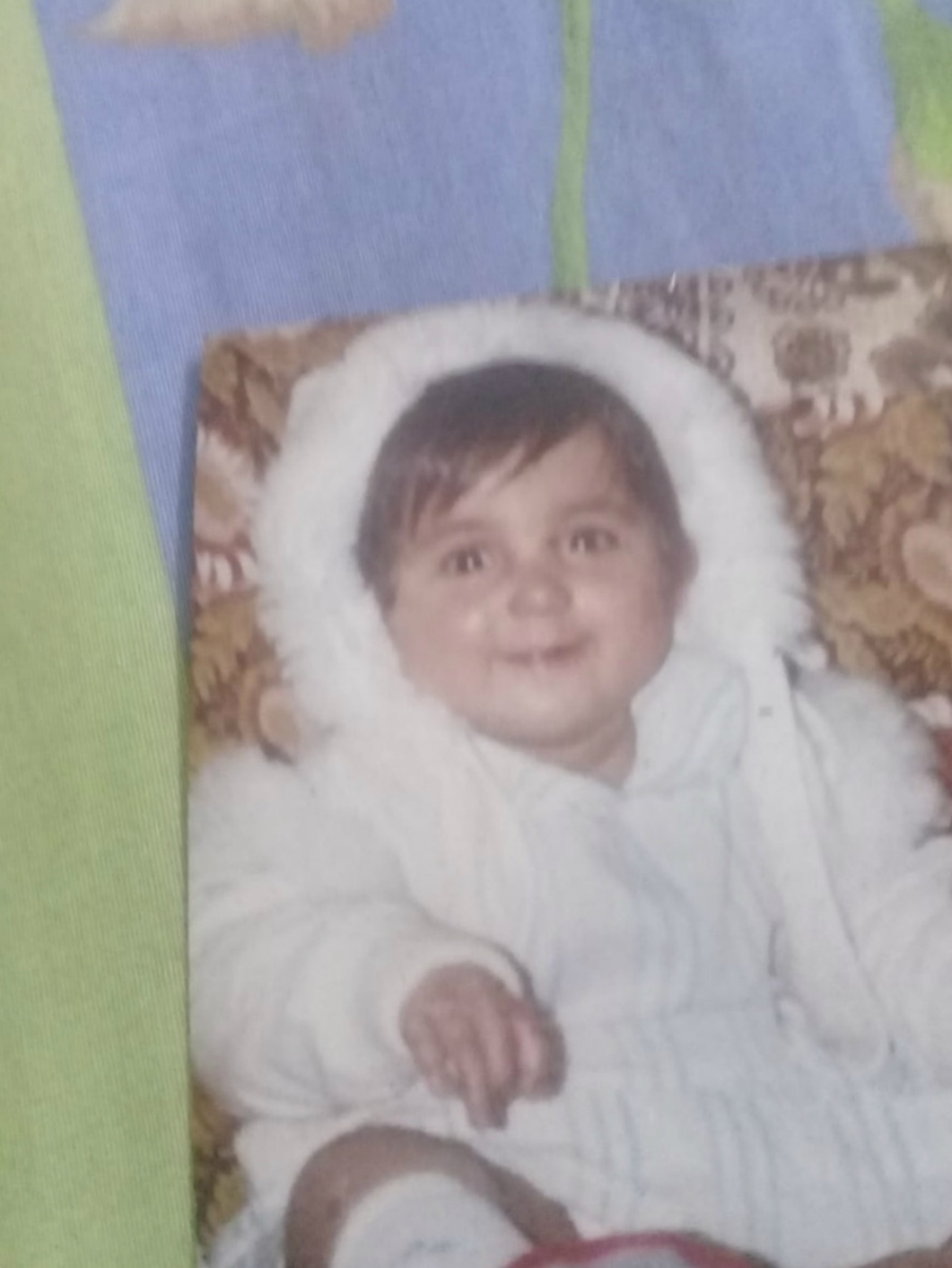
At school, my friends were very protective of me and they accepted me even though the bandages I wore made me look different. But they never knew the real extent of my condition, or the constant pain I was living with. And when I started secondary school, things changed dramatically; I no longer had a close group of friends like I did before. Perhaps teenagers are just less accepting of someone who looks different, but, ultimately, I blame myself. When you have a condition like mine, you have to make an active effort to seek out new friendships. I didn’t realise this until later in life. Now, of course, I welcome the chance to educate people about EB and I love it when a stranger strikes up a conversation with me because they’re curious about my skin.
Marie Claire Newsletter
Celebrity news, beauty, fashion advice, and fascinating features, delivered straight to your inbox!
I’m also grateful to my parents for always encouraging me to make my own decisions. I became more independent when my mum stopped wrapping my bandages for me and a nurse came to the house to help me every day instead. This was my choice: I wanted to take control of my care. I started going to hospital appointments myself and became more vocal about the procedures that were being offered to me. You could say I was headstrong, but really I was just scared of having general anaesthetic and I avoided operations until I was 21 - when I finally developed a close, trusting relationship with my plastic surgeon surgeon Demetrius Evriviades, who has done a number of surgeries on me - I really wouldn’t be able to get through operations without him.
I realise now how lucky I am to live in the UK and have access to the medical care I’ve received. Many fellow EB sufferers I speak to in other parts of the world simply don’t have the same level of care because they don’t have specialists available in their country. For a long time, I remember that food would get stuck in my throat due to internal scarring in my oesophagus. I would be in a fancy restaurant but have to run to the bathroom to cough up food because it was making me choke. Then I’d return to the table as if nothing had happened. Last year though, doctors reduced the scarring in and the effect has been truly life changing. Suddenly I was able to enjoy food again, and I insisted on going to my favourite Iranian restaurant to eat that first meal!
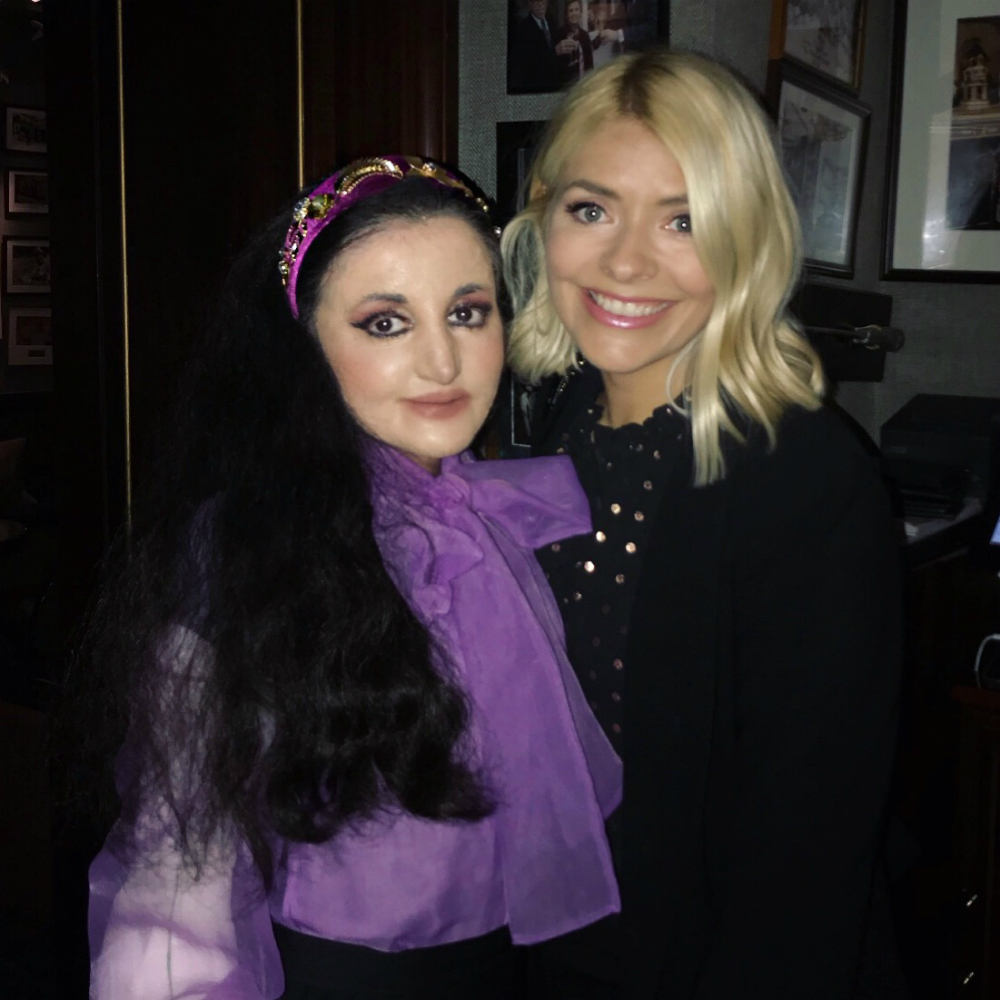
However, coming from a Pakistani background, there are still pressures I feel just because I’m a woman. In my culture, for example, a big emphasis is placed on marriage and I became increasingly preoccupied with finding the right guy for a while. Similar to Orthodox Jews, we use matchmakers but this was never going to be a viable route for me because of my condition - sadly, the perception of people who have disabilities is still very narrow-minded. I equated marriage to happiness, and at one point I became very depressed, negative, and resentful of my EB. Now though, I am glad to say I’m happy. I’m still very open to meeting a guy, but it is not my main focus. I believe that when the time is right, the guy I am meant to be with will come into my life.
Right now, I’m too busy with my work to worry about dating anyway. Becoming a journalist has given me a sense of purpose, but it wasn’t what I initially set out to do. In fact, I studied history at the University of Birmingham, where I graduated in 2014. I loved university and made friends easily there. I became a keynote speaker for various charities and schools, and regularly gave speeches for the Debra UK charity. In 2011, I even gave a speech on the behalf of the Countess of Wessex, who is the Royal patron of the charity. I’ve also spoken for Changing Faces and the Katie Piper Foundation, and I went on to work in the NHS as a translator straight after uni. I was a good listener and patients would open up to me about their lives. They would tell me their stories, but I never dreamed these skills would eventually lead to a future career in journalism.
My first gig as a journalist came in April, 2019, after I asked Debra UK if I could interview one of their charity heads. They agreed and I was given a great opportunity to chat with celebrity chef Jason Atherton at an event. While I was researching him for the interview, I realised how much I loved the process: I knew every detail, right down to what his favourite Filipino food was by the end. That night, I also met actor Tom Holland’s mum, Nikki, who very kindly offered me the opportunity to interview Tom for his next movie - and I jumped at the chance! At the time, I thought I would only be interviewing Tom but I ended up interviewing the entire Spider-Mancast, including Samuel L. Jackson, Zendaya and Jake Gyllenhaal.
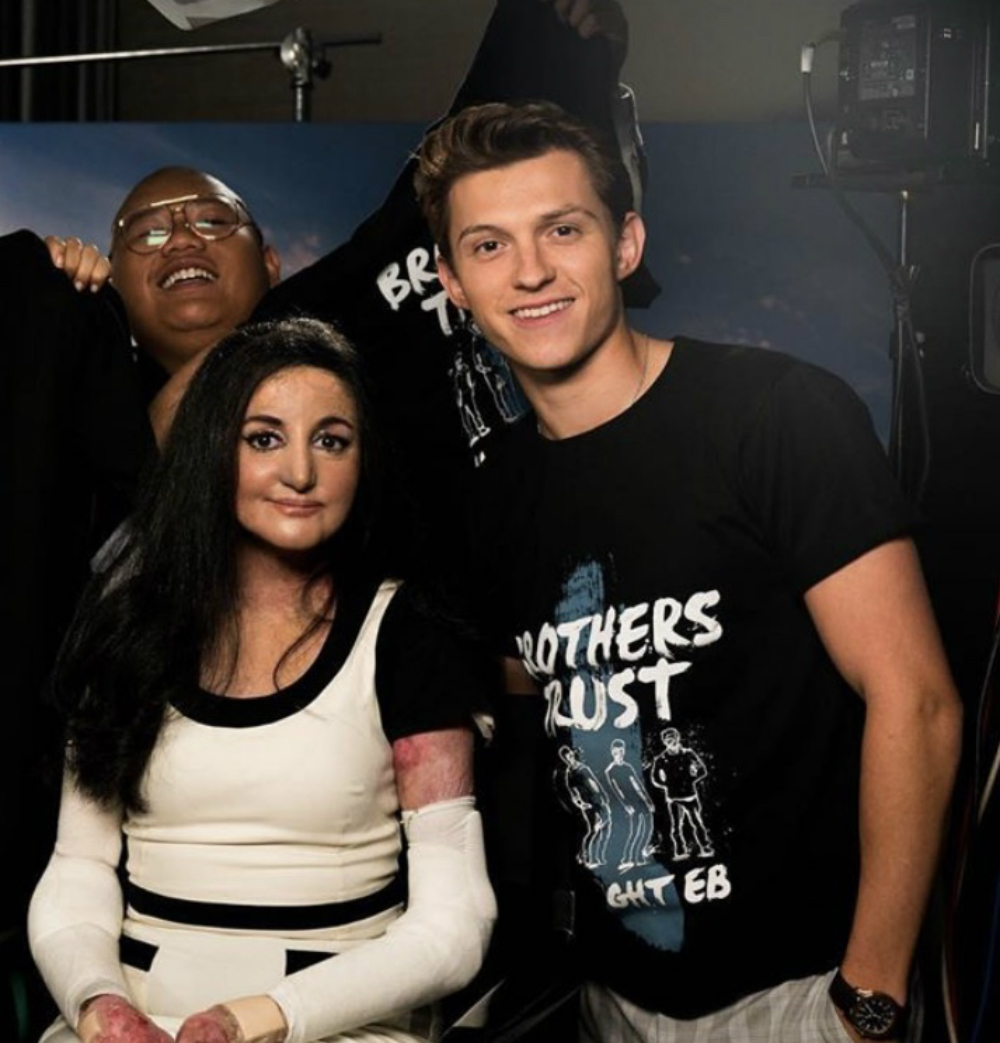
After that, I did a string of red-carpet interviews for the London Film Festival in October, 2019, which was a wonderful experience. For all the disadvantages my skin brings, it has also given me the advantage of standing out, which is useful when you are one of many journalists wanting the attention of a publicist to secure an interview with the lead actor. It’s what helped to secure my interview with Timothée Chalamet, who wasn’t due to pass through my press area at an event. However, when his publicist saw me and noticed that I looked different, she approached me with a chance to interview him separately. I was thrilled to be the only journalist in my area to secure that chat.
I now work part-time for Debra UK as a media ambassador, and have gone on to meet everyone from Lily Rose Depp to Joel Edgerton. One of my favourite interviews to date was with Fred Berger, the Golden Globe-winning producer of La La Land. He was an absolute joy to talk to, and it made me realise how much passion I have for journalism and the buzz I get when an actor says, ‘That’s a great question’. It gives me a surge of energy even when I’m in pain.
People often ask how I type up my features afterwards, given my fingers have been fused together by scar tissue. But, the truth is, I can still type and text really fast! Yes, my dexterity has been severely affected and I have to make sure that I take paracetamol four times a day to manage the pain, but EB doesn’t affect my ability to work.
I spent a large part of my life fearing the future, but being a freelance journalist and moving to London has brought focus and a sense of happiness to my life; it’s helped me to discover an ambition I didn’t even know I had. And my journey has taught me that when a woman focuses on her goals, any obstacle can be overcome with determination and positivity. That’s what true female empowerment looks like to me.
To learn more about Epidermolysis Bullosa, visit Debra.org.uk
The leading destination for fashion, beauty, shopping and finger-on-the-pulse views on the latest issues. Marie Claire's travel content helps you delight in discovering new destinations around the globe, offering a unique – and sometimes unchartered – travel experience. From new hotel openings to the destinations tipped to take over our travel calendars, this iconic name has it covered.
-
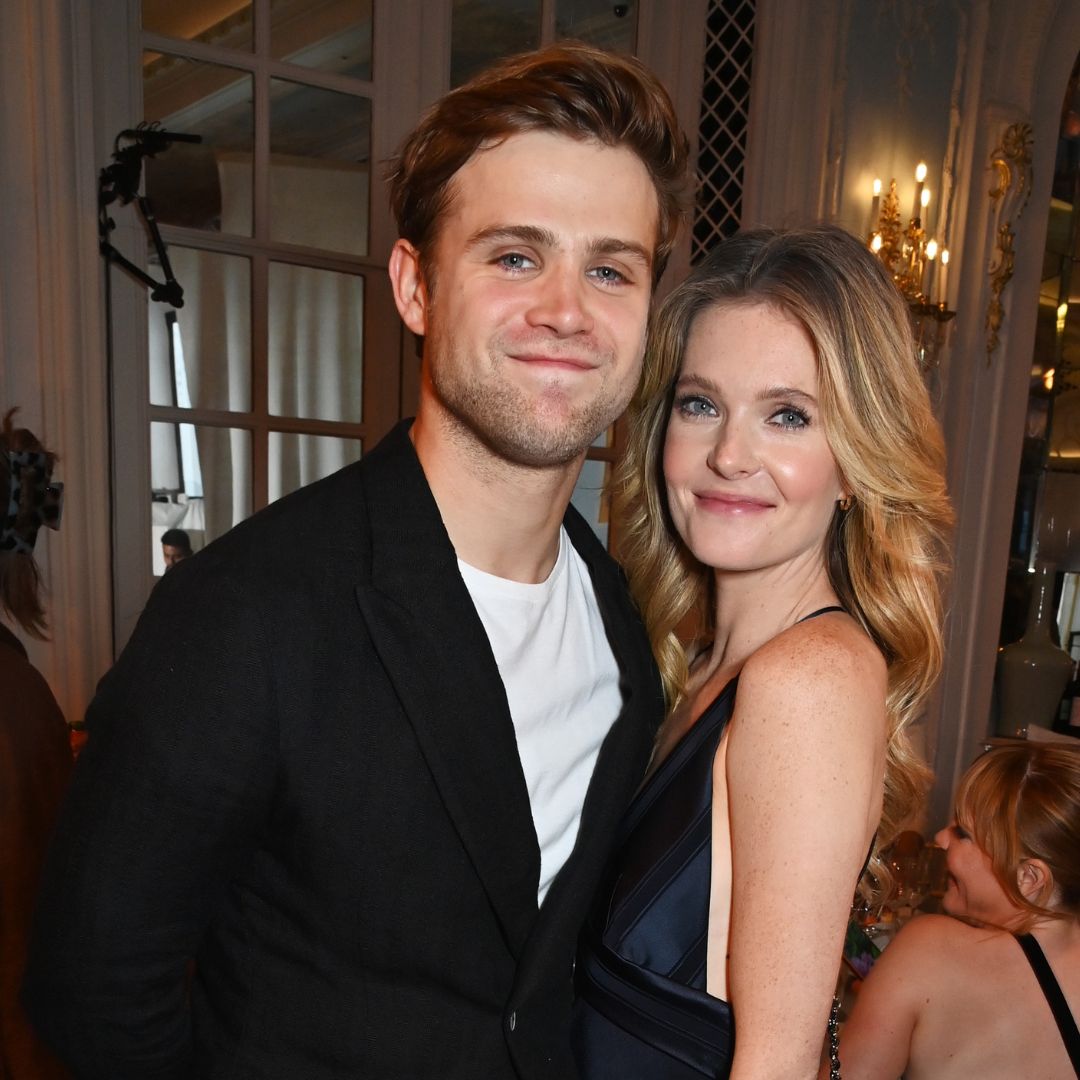 Here's a rundown of The White Lotus cast members who have dated in real life
Here's a rundown of The White Lotus cast members who have dated in real lifeBy Jenny Proudfoot
-
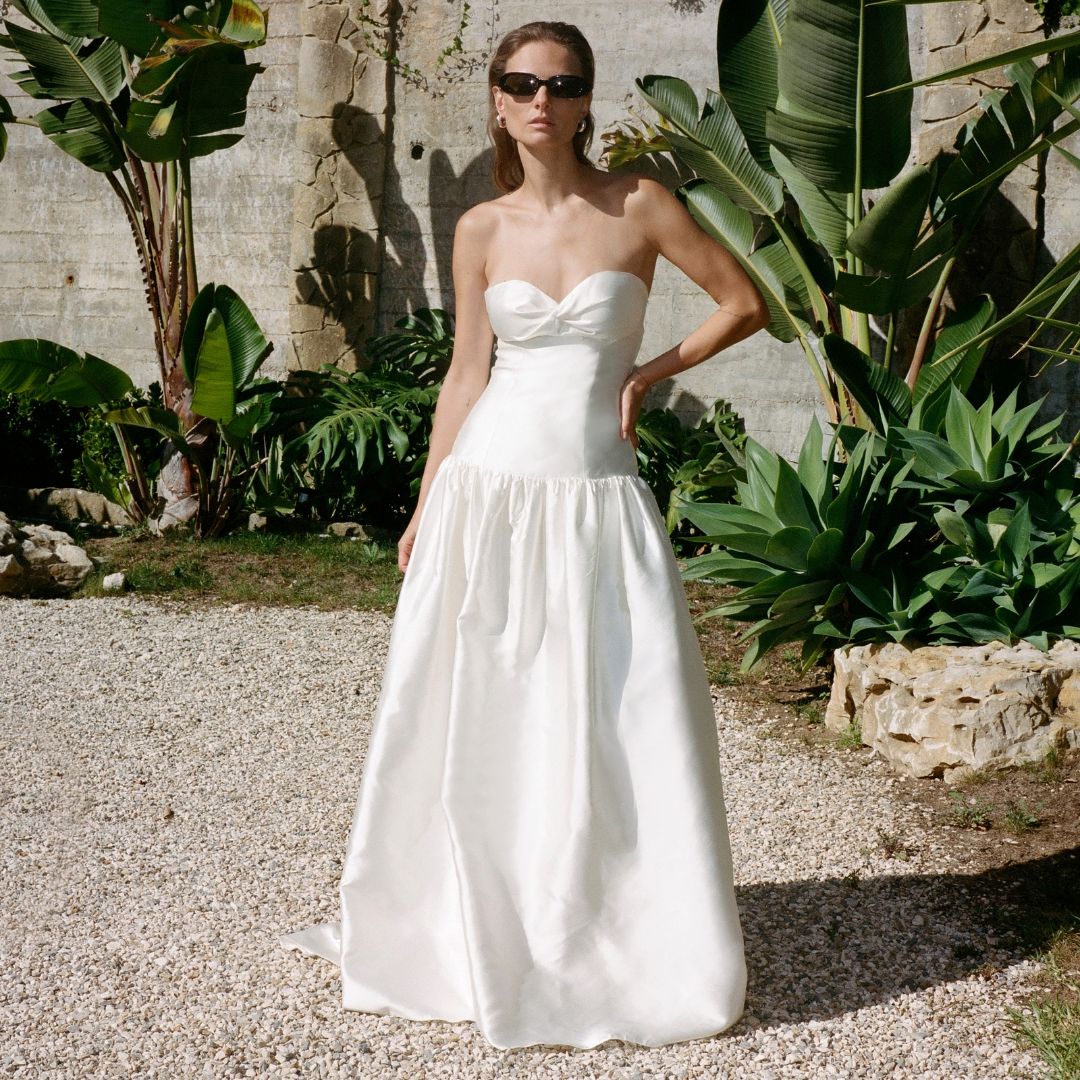 All the coolest brides are wearing drop-waist wedding dresses this year
All the coolest brides are wearing drop-waist wedding dresses this yearWedding Special Minimalist, nostalgic, and universally flattering
By Clementina Jackson
-
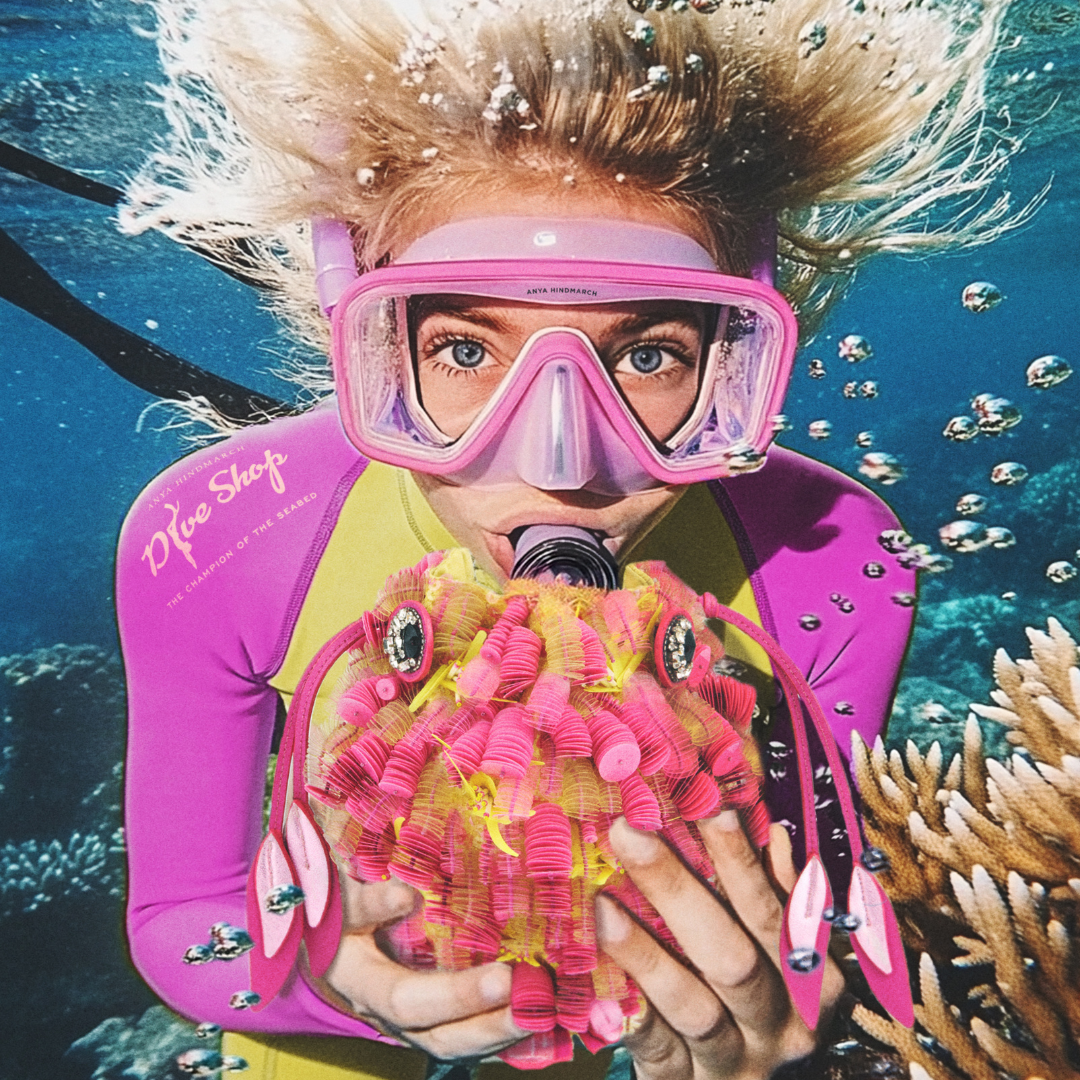 Anya Hindmarch has just launched a fantastical diving shop in central London
Anya Hindmarch has just launched a fantastical diving shop in central LondonFor those who would rather be beside the seaside...
By Sofia Piza
-
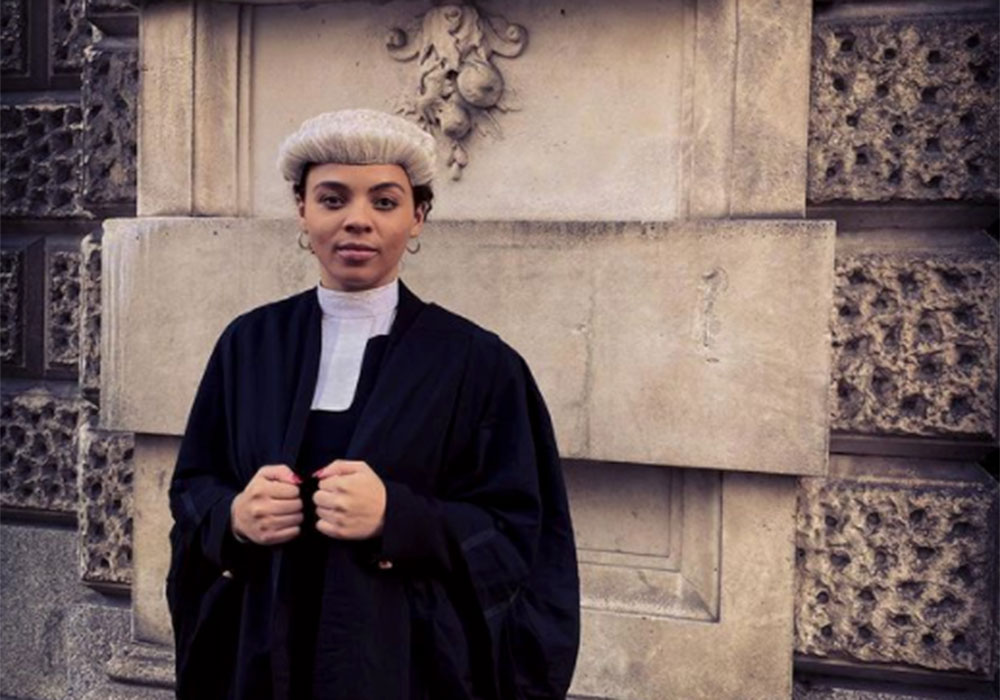 "I'm a Black barrister working in a broken justice system"
"I'm a Black barrister working in a broken justice system"Alexandra Wilson is a 26-year-old barrister speaking out about sexism, racism and class inequality at the very heart of the legal system. She shares her disturbing experiences, and why activism will make a difference.
By Alexandra Wilson
-
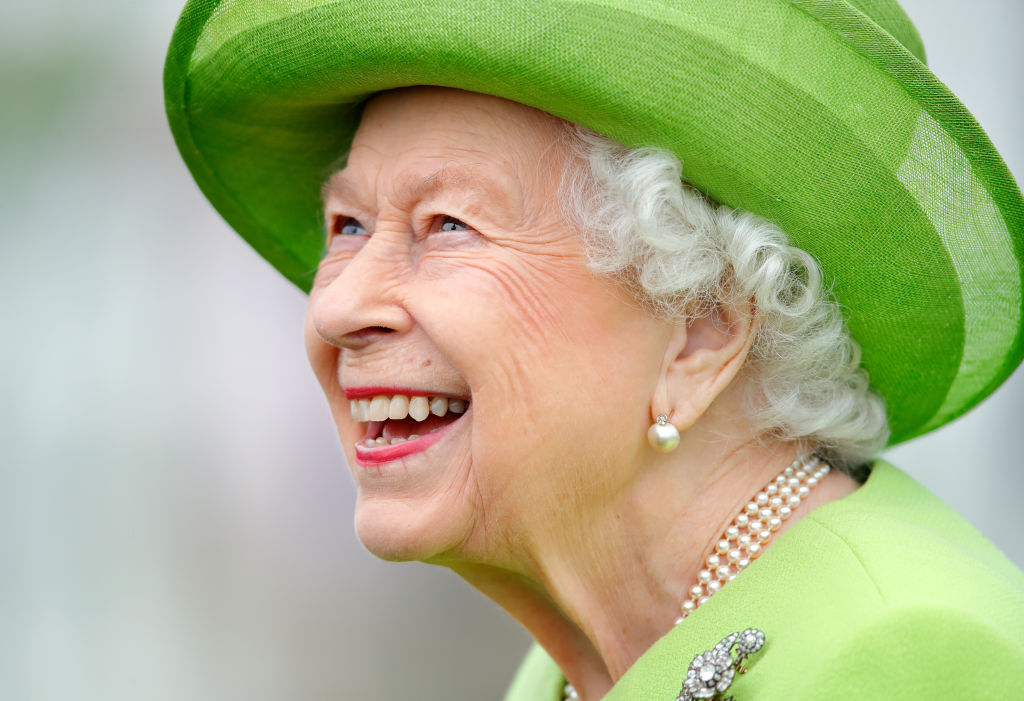 Feeling sad this week? Learn about the 5 steps of grief, plus how to avoid it consuming you
Feeling sad this week? Learn about the 5 steps of grief, plus how to avoid it consuming youAs the nation mourns Her Majesty The Queen.
By Ally Head
-
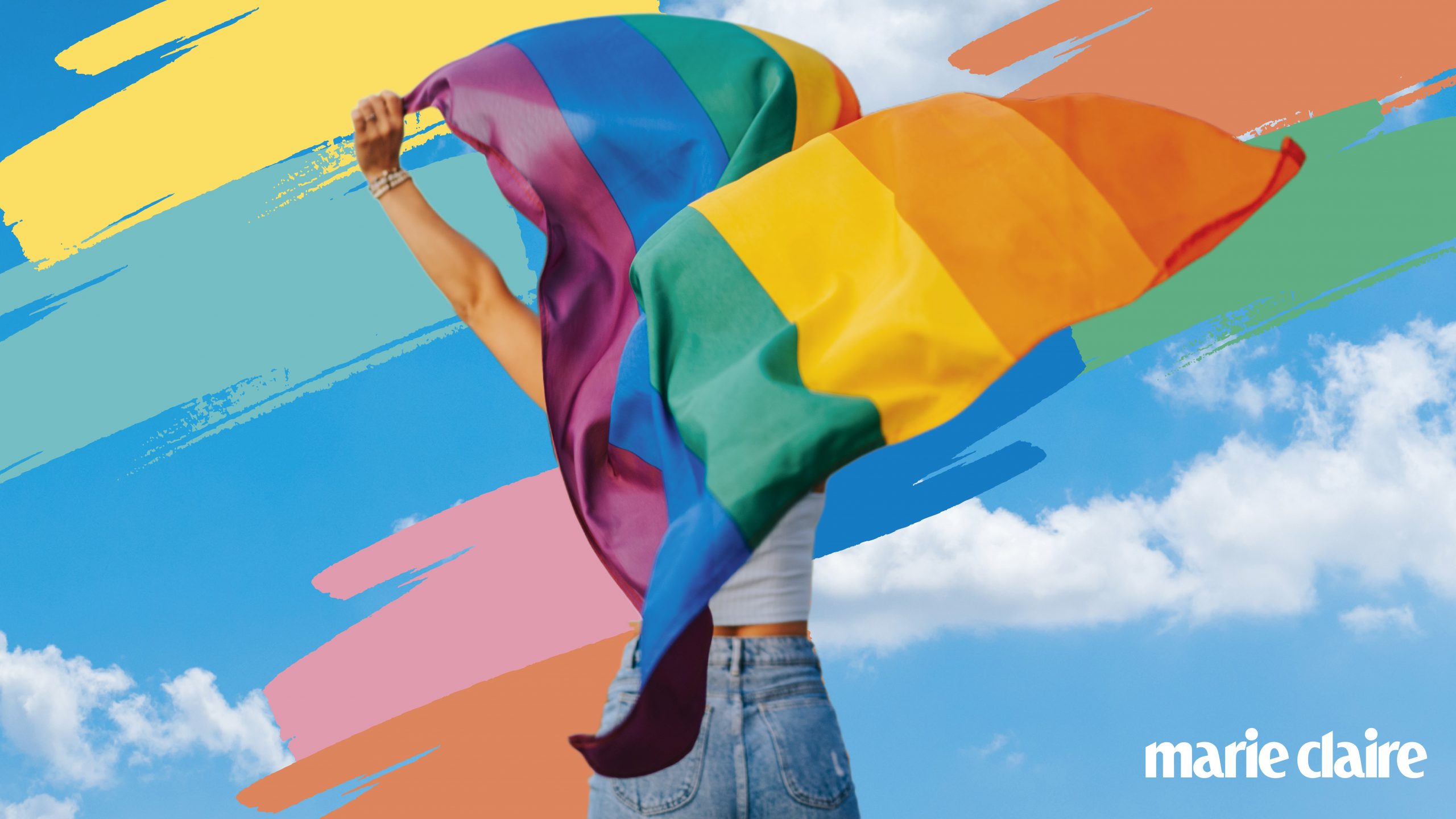 Pride events: 7 IRL and virtual celebrations to add to your calendar for 2021
Pride events: 7 IRL and virtual celebrations to add to your calendar for 2021Ready to celebrate?
By Rosie Grant
-
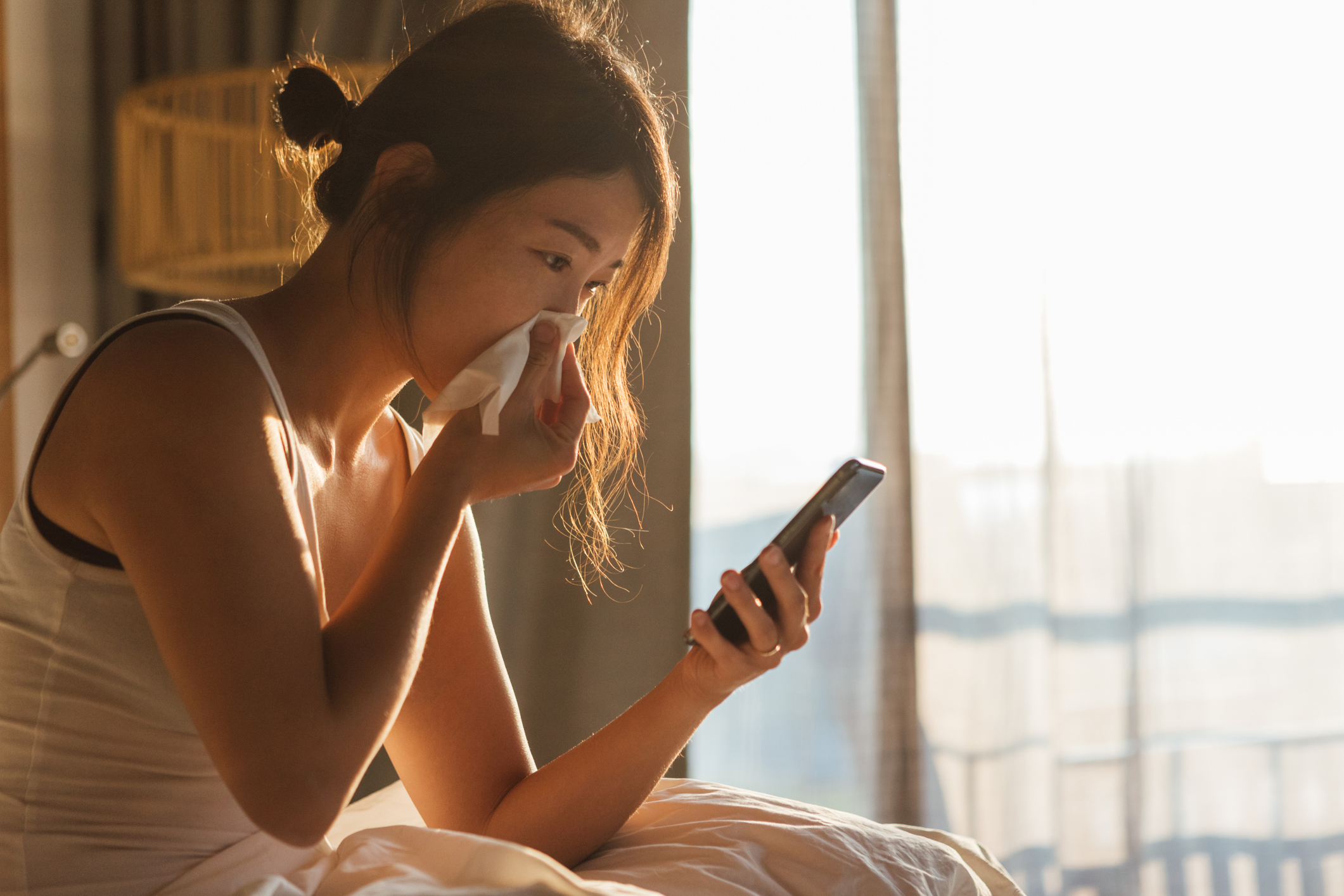 Coronavirus versus cold symptoms: How to know whether you've got COVID 19 or a common cold
Coronavirus versus cold symptoms: How to know whether you've got COVID 19 or a common coldThis is important. Read guidance from the experts now.
By Ally Head
-
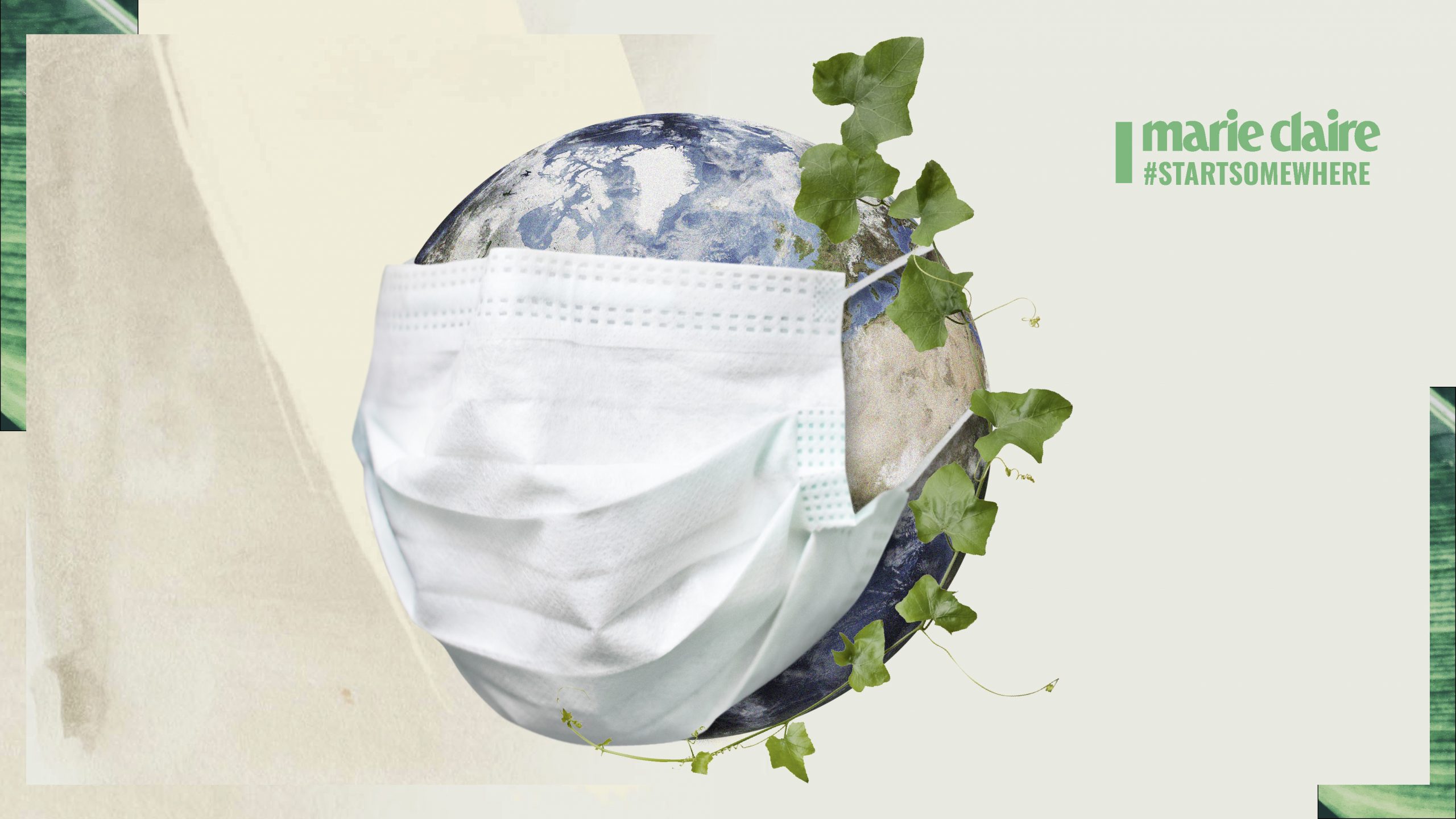 How COVID-19 made us forget our morals on plastic
How COVID-19 made us forget our morals on plasticPre-pandemic, we cared about our habits of plastic use. Lockdown changed all that - but it's not too late to continue the fight
By Olivia Adams
-
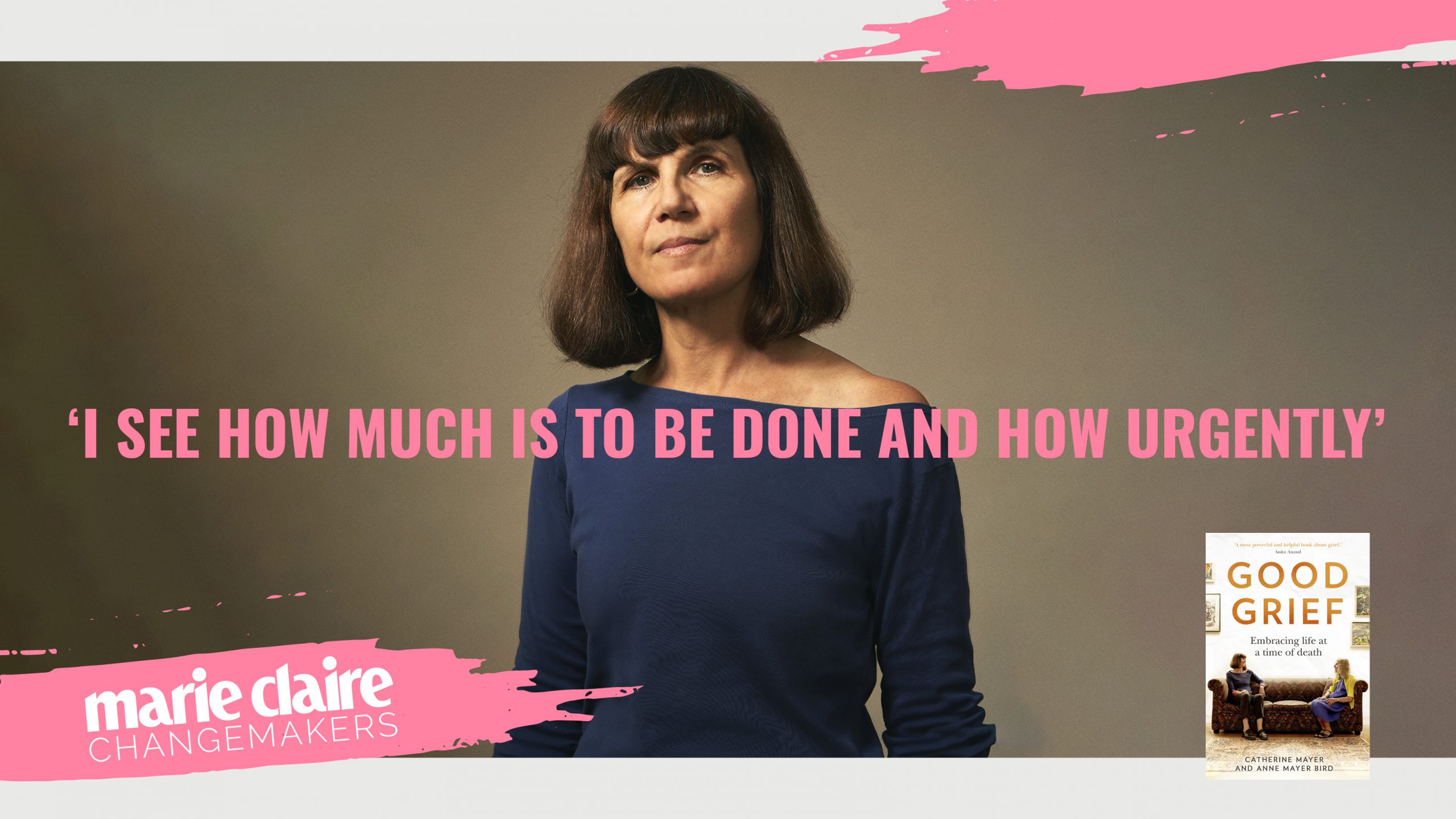 Catherine Mayer on women's rights: 'I see how much is to be done and how urgently'
Catherine Mayer on women's rights: 'I see how much is to be done and how urgently'Co-founder of the Women's Equality Party, Catherine Mayer, was married to influential musician Andy Gill until his death in Feb 2020. This International Women's Day, Mayer shares with affecting honesty how grief adds clarity to her life-affirming activism
By Maria Coole
-
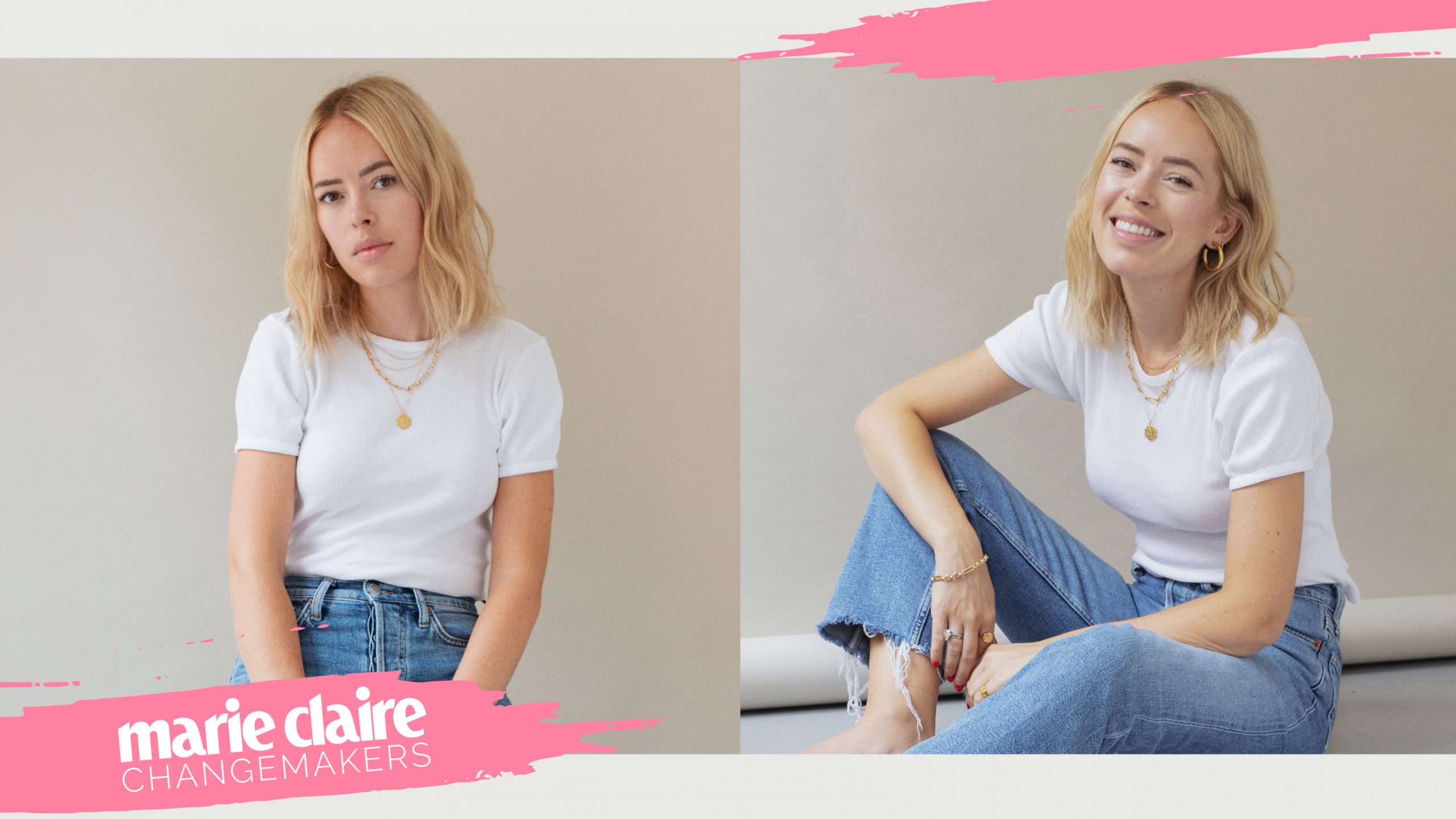 Tanya Burr shares her top 6 resources for educating yourself - and growing - this IWD
Tanya Burr shares her top 6 resources for educating yourself - and growing - this IWDThe theme of this International Women's Day is Choose to Change - let Tanya help you become a change-maker with her top resources.
By Ally Head
-
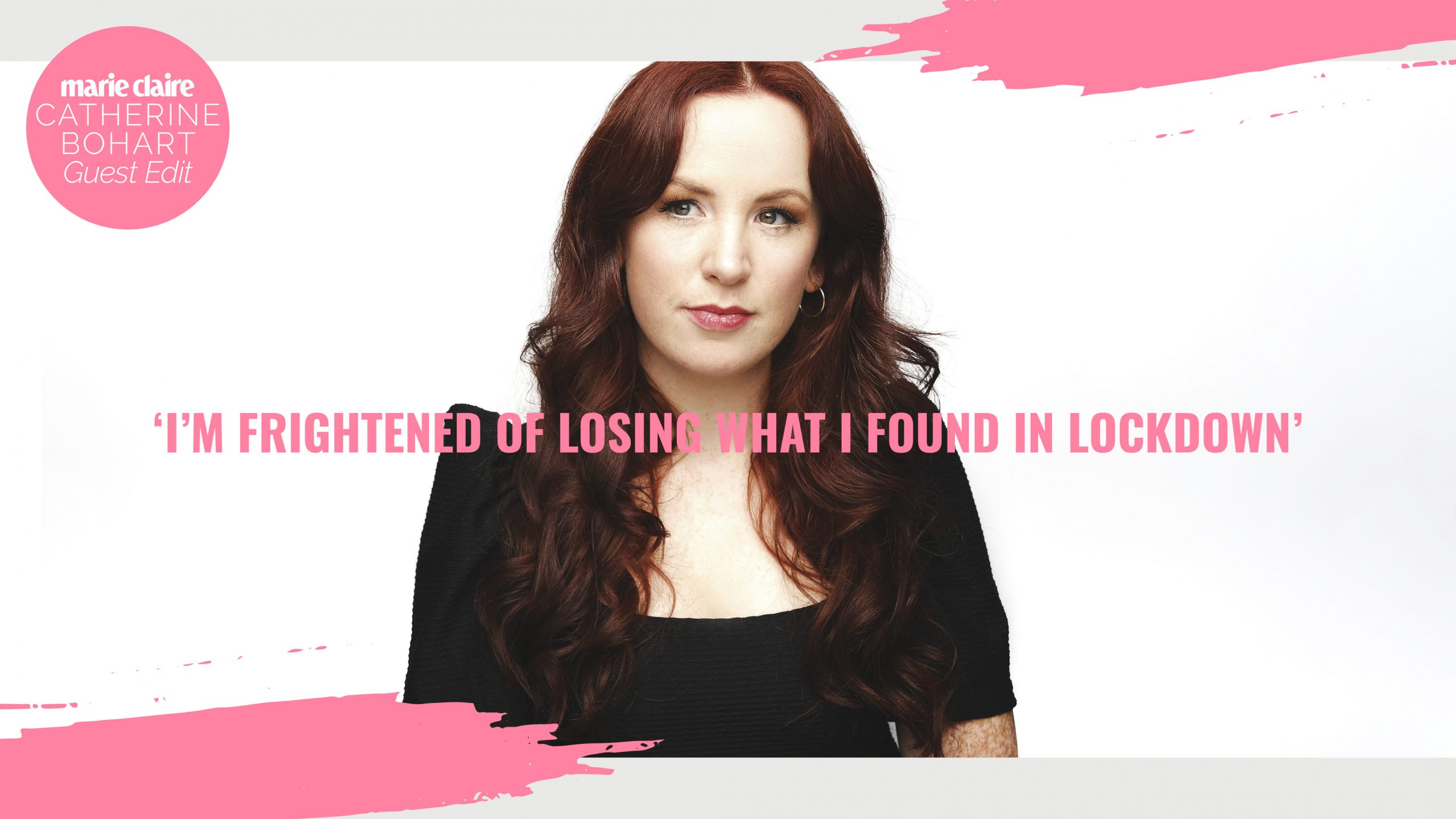 Catherine Bohart: 'I’m frightened of losing what I found in lockdown'
Catherine Bohart: 'I’m frightened of losing what I found in lockdown'Award-winning writer and comedian Catherine Bohart shares what her own lockdown mental health journey helped her discover
By Sophie Goddard